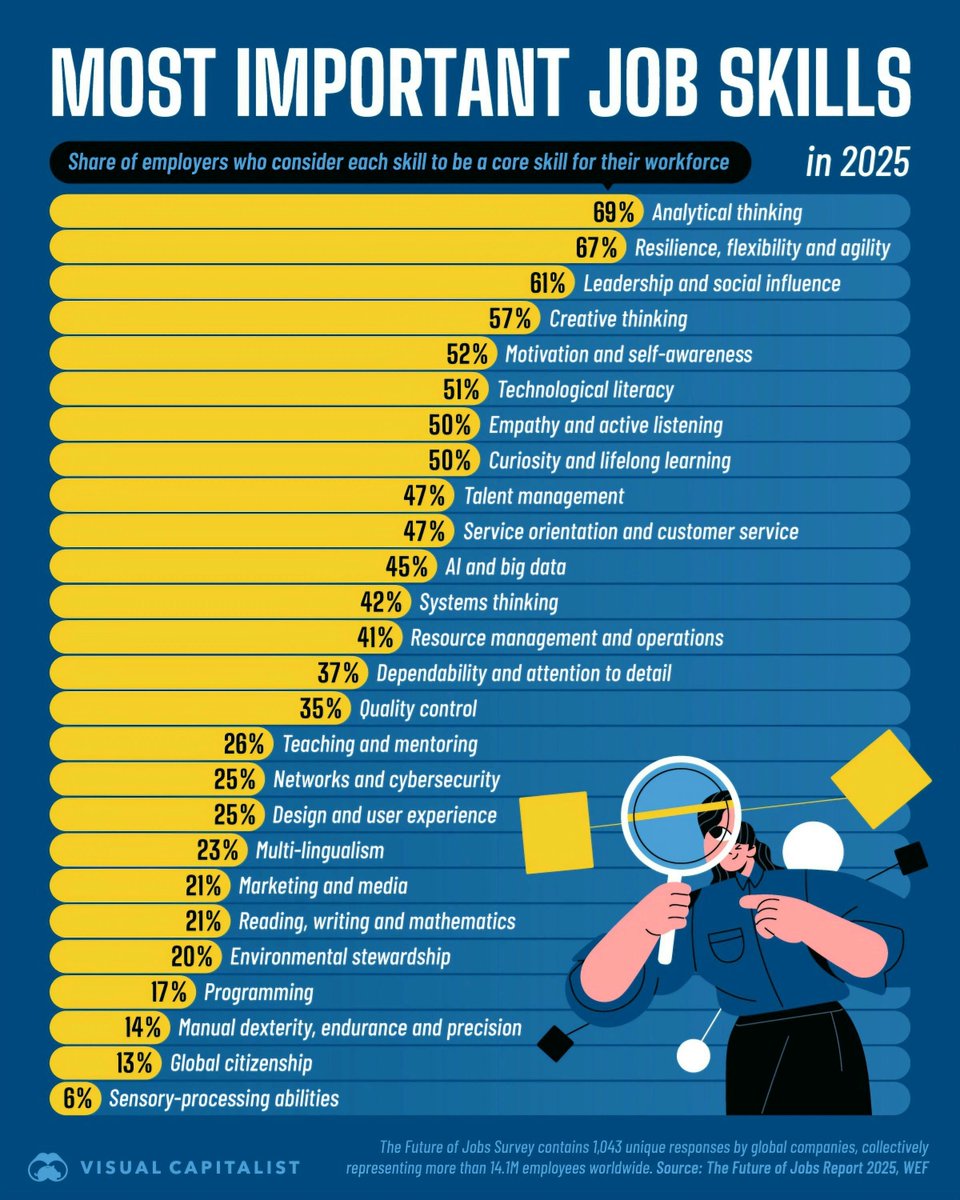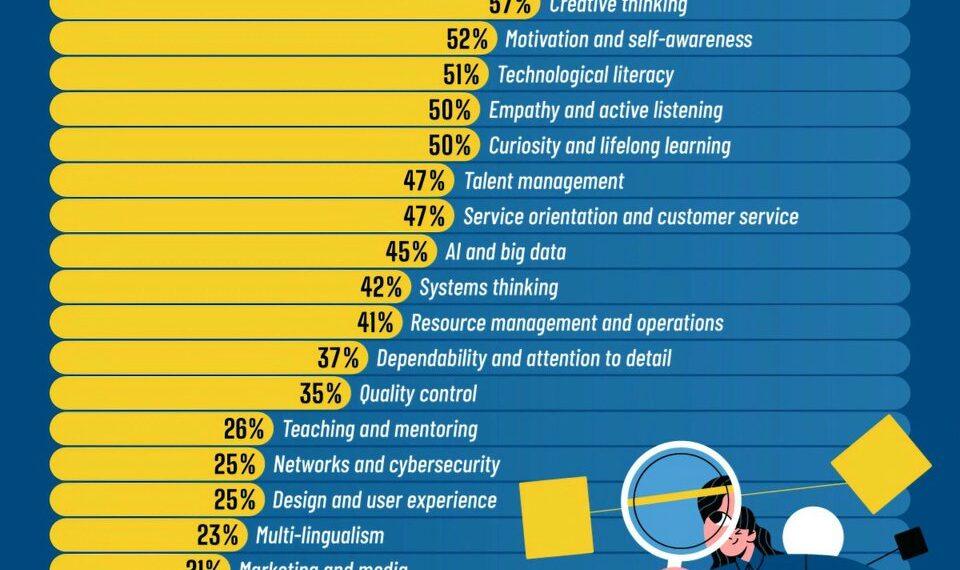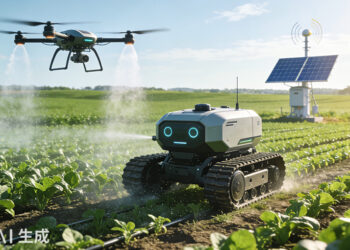Select Language:
The Most Important Job Skills in 2025

### 1. Adaptability and Flexibility Become Non-Negotiable
In 2025, the workplace is more dynamic than ever before. Rapid technological advancements, shifting market demands, and evolving organizational structures require employees to be highly adaptable. Being able to quickly learn new skills, adjust to changing roles, and remain resilient during uncertainties is now a core competency. Companies seek professionals who can pivot easily and thrive in unpredictable environments, making adaptability the most valuable skill for career longevity.
### 2. Advanced Digital Literacy and Tech Savviness
Technology continues to dominate every sector, and in 2025, digital proficiency is essential. Beyond basic computer skills, employees need expertise in AI, machine learning, data analytics, and cybersecurity. Familiarity with cloud platforms, automation tools, and coding languages can give workers a distinct advantage. Organizations prioritize candidates who can leverage digital tools creatively and efficiently, emphasizing the importance of ongoing learning in tech-related fields.
### 3. Critical Thinking and Problem-Solving Beyond Routine Tasks
With automation handling routine work, human employees are increasingly called upon to solve complex problems that machines cannot. Critical thinking skills—such as analyzing data, evaluating options, and anticipating future challenges—are prized. Problem-solving now involves innovative approaches, strategic decision-making, and the ability to synthesize information from diverse sources. This skill set enables companies to remain competitive and adapt their strategies effectively.
### 4. Emotional Intelligence and Interpersonal Skills
In 2025, the ability to connect with others remains key. Emotional intelligence, including empathy, self-awareness, and social skills, is crucial for effective teamwork, leadership, and client relations. As remote and hybrid work models persist, nurturing genuine relationships and understanding diverse perspectives are vital for organizational success. Employers value employees who can navigate social complexities and foster positive work environments.
### 5. Sustained Learning and Curiosity
The fast-paced nature of 2025’s job market demands a growth mindset. Employees who demonstrate curiosity and a willingness to acquire new knowledge continually will stay ahead. Whether mastering new software, understanding emerging industry trends, or expanding soft skills, ongoing learning ensures relevance. Companies encourage ongoing training, certifications, and self-initiated projects to promote a culture of continuous improvement.
### 6. Strong Communication Skills
Clear, concise, and effective communication has become more critical than ever. As teams become more remote, the ability to articulate ideas, provide constructive feedback, and listen actively plays a vital role in productivity. Multimodal communication skills—such as writing, video conferencing, and digital collaboration platforms—are essential competencies that influence project success and workplace harmony.
### 7. Cross-Disciplinary Knowledge
In 2025, specialists are rare; instead, versatile professionals with cross-disciplinary expertise are in high demand. For example, a marketer with data science skills or an engineer familiar with user experience design can bring greater value to companies. Cultivating a broad knowledge base enables employees to contribute more holistically and adapt quickly across different roles and projects.
### 8. Sustainability and Ethical Awareness
As organizations prioritize environmental, social, and governance (ESG) issues, employees with a strong understanding of sustainability practices and ethical considerations are highly sought after. Companies seek professionals who can integrate sustainability into business strategies, ensure responsible decision-making, and promote corporate social responsibility initiatives.
### 9. Resilience and Stress Management
The journey through 2025’s workplace isn’t without challenges. The ability to manage stress, recover from setbacks, and maintain mental well-being is critical. Resilient employees can better handle high-pressure situations, maintain productivity, and support team cohesion. Employers increasingly offer resources for mental health, and resilience training is becoming a key component of professional development.
### 10. Entrepreneurial Mindset
Innovation drives business success in 2025, and employees with an entrepreneurial approach are valued for their proactive attitude. This includes taking initiative, thinking creatively, and embracing calculated risks. Such workers often bring fresh ideas, foster innovation, and help organizations stay ahead of competitors in a rapidly changing landscape.
—
Navigating the workplace of 2025 requires a blend of technical skills, emotional intelligence, and a mindset geared toward continuous growth. Employers are prioritizing versatile, adaptable, and ethically conscious professionals ready to meet the challenges of tomorrow’s world of work.






